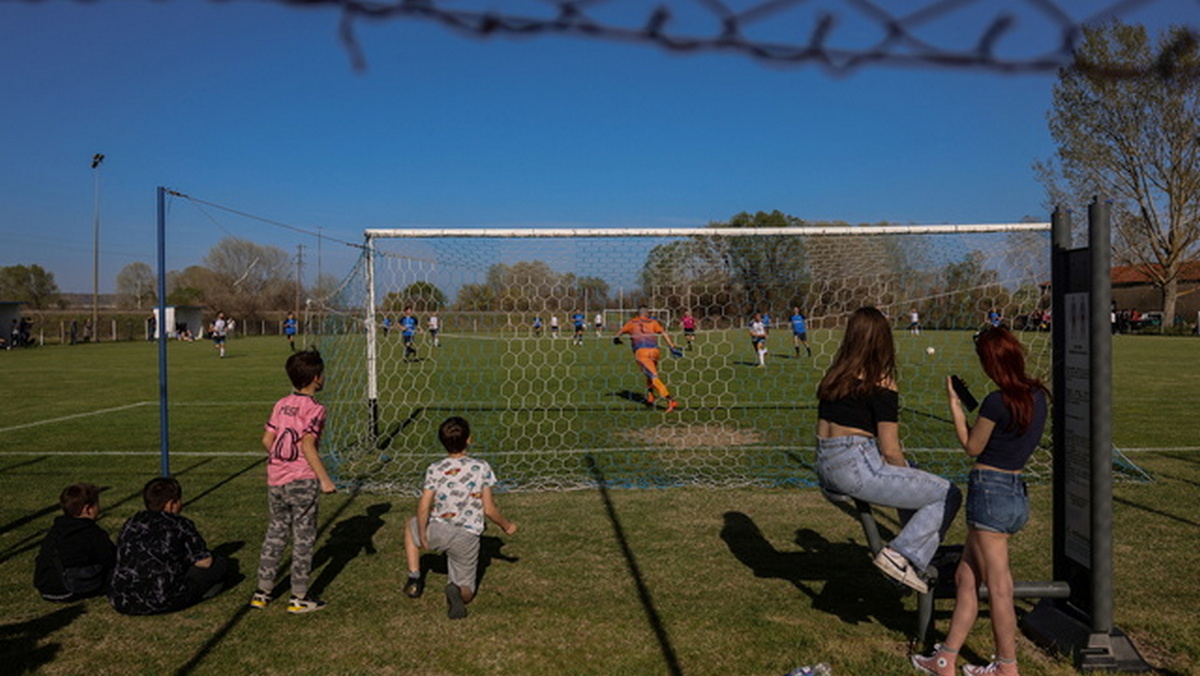Greece is shutting hundreds of schools across the country this year. The problem? There simply aren’t enough students to meet the minimum requirements. The development comes as the nation suffers from a demographic crisis that experts say has reached dramatic proportions. The country is said to have one of the lowest birth rates in Europe.
According to Greece’s education department, over 700 schools are set to shutter in the 2025–2026 academic year – around five per cent of the country’s 13,478 schools. And it isn’t limited to just the big cities like Athens either. Schools are closing everywhere – from mountain villages to islands.
But what’s going on? And why is this happening? Let’s take a closer look.
What’s going on and why?
This is happening because there simply aren’t enough students to meet the minimum requirements . Under Greek law, a school must shut down if it has fewer than 15 students. If the school fails to meet this requirement for three consecutive years, it is permanently closed.
The institutions most affected are primary school s. This year, 324 elementary schools and 358 kindergartens will be suspended. In the 2018–2019 academic year, those numbers stood at 247 elementary schools and 312 kindergartens respectively.
The number of students for this academic year has fallen to 1.2 million. In 2018–2019, it was 1.36 million – a fall of around 150,000. Education ministry data show that 111,000 fewer students are in Greece’s primary education system compared to 2018 – a massive collapse of nearly 20 per cent.
Officials say some students are being forced to travel as much as 80 kilometers per day to attend school. Education ministry officials have described the situation as an “acute demographic problem.” Others have dubbed the reduction in schools as “Armageddon” and “terrifying.”
“The demographic problem is terrifying, as we experience it year after year,” education ministry official Christos Tsiamalos has said. He noted that while some schools have reopened, “unfortunately, the rule is permanent closure.” However, he added that exceptions are made for schools attended by minorities.
Greece’s declining population
Greece has among the lowest fertility rates in the European Union . In 2023, Greece’s birth rate was just 1.3 children per woman. A country needs a rate of 2.1 to maintain a stable population. Greek women, on average, now give birth at age 32. There are entire villages in Greece that have not witnessed a birth in years.
“Our classrooms mirror the situation in our maternity wards and the number of births, which, unfortunately, has been falling for decades in our country,” Education and Religious Affairs Minister Sofia Zacharaki told the Financial Times.
The country has witnessed a decline in its birth rate since the debt crisis. Several young and educated people have left Greece in search of better opportunities abroad. Those who remain are often priced out of the property market due to inflation and soaring rents. Many continue to live with parents well into their 30s. It’s not exactly a recipe for starting a family.
In 2010, Greece recorded 114,766 births as against 109,084 deaths. However, since 2011, deaths have consistently outnumbered births. In 2022, Greece witnessed fewer than 80,000 births – the lowest in over nine decades.
In 2023, the death rate nearly doubled the 2022 figure. The number of women aged 20–40 – considered prime childbearing years – has declined by nearly half a million between 2000 and 2021.
Meanwhile, Greece’s existing population is ageing, which is straining hospitals and the welfare system.
“The fall is happening very fast, and in Greece it is very steep,” said Alexandra Tragaki, professor of economic demography at Harokopio University of Athens. She pointed out that there are fewer people of reproductive age today compared to previous decades.
Take army sergeant Christos Giannakidis for example. He was planning to have a second child when Greece’s debt crisis exploded last decade, straining his finances and erasing hope of extending the family.
“To have a family these days, you need to become a hero,” Giannakidis said on the sidelines of a recent football practice. “To have a second child, more money must come into the house.”
What is the government doing?
The Greek government has announced it will spend billions to try to boost the birth rate. This includes cash benefits, tax breaks, and childcare support. Greece last year increased child benefit amounts from $2,300 (Rs 1.9 lakh) to $2,800 (Rs 2.3 lakh) for one child. Parents with two or more children now receive $4,000 (Rs 3.3 lakh). Around 300,000 families have benefitted from this scheme.
First grade teacher Nektaria Mouropoulou says she would like to start a family, but she earns $1,083 (Rs 90,000) a month – a third of which goes to renting a small flat. She crosses into Turkey to buy cheaper petrol, and her mother helps with bills.
“When you’re in your 30s and earning $1,083 (Rs 90,000), of course you’ll think twice about starting a family,” she said, adding that politicians were missing the point.
Even some in government are sceptical.
“If I were to tell you that any given minister at any given ministry … can reverse the trend, it would be a lie,” Zacharaki said last year. Still, she added, “We need to keep trying.”


)

)
)
)
)
)
)
)
)



